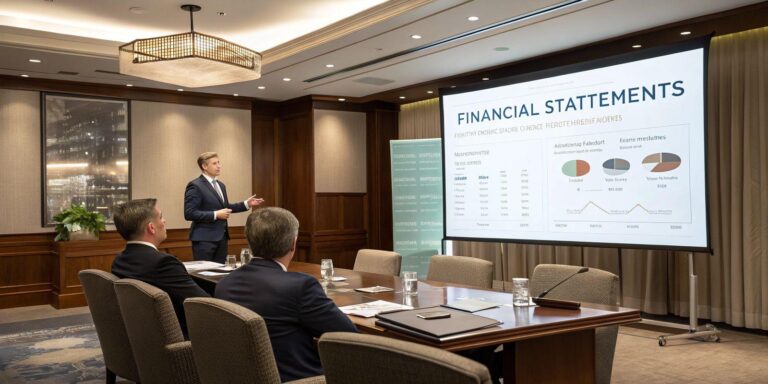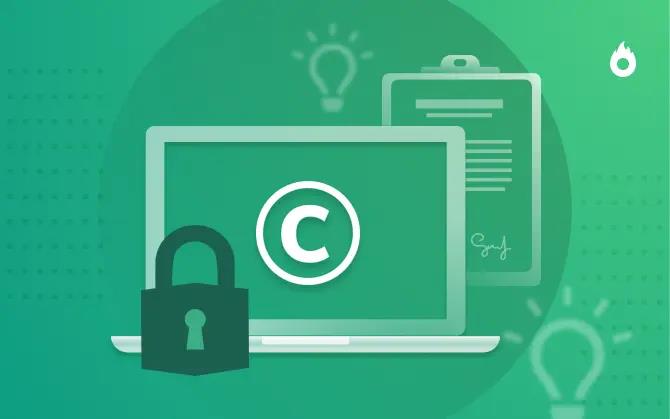Quevedo & Ponce - Noticias Legales
The Frisby Case: A Key Lesson in International Trademark Protection
- May 21st, 2025
- Quevedo & Ponce
One of Colombia’s most popular fast-food chains, Frisby, is currently facing a complex legal dispute in Europe that has captured the attention of businesses, the media, and the general public. The conflict arose when a company established in Spain by third parties began using the name “Frisby” and a visual identity strikingly similar to that of the Colombian brand, creating clear confusion in the market.
Although Frisby has held trademark registrations in both the European Union and Spain for over 20 years, it was caught off guard by the unauthorized use of its trade name and distinctive elements by a third-party company in Spanish territory. Despite having registered rights, the lack of effective and sustained use of the mark in that jurisdiction created a legal gap, now being exploited by others attempting to take advantage of the intangible value the brand represents.
This case highlights a reality we, as intellectual property attorneys, regularly emphasize: registering a trademark is not enough to ensure its protection. It is essential to demonstrate real, continuous, and provable use—especially in the jurisdictions where exclusive rights are to be maintained.
Drawing from our experience as a law firm specialized in intellectual property in Ecuador, this case offers valuable lessons for any business seeking to expand internationally:
- Registering a trademark is just the first step. True protection comes from keeping the trademark active, using it effectively, and maintaining constant monitoring in key markets.
- Genuine and provable use is crucial. In many jurisdictions, including the European Union, rights can be weakened or even lost if serious and continuous use cannot be demonstrated over specific periods.
- A brand’s reputation is also a protectable asset. Not only are distinctive signs defended, but so too are the prestige, recognition, and emotional value that a brand builds among consumers.
In a globalized world, where brands cross borders and operate across multiple platforms, the strategic management of intangible assets is not a luxury—it’s a necessity. At our law firm in Ecuador, we advise both local and international companies on the comprehensive protection of their trademarks, both nationally and abroad.
Protecting a brand is not a formality—it’s a strategy. And in that strategy, having the right legal guidance makes all the difference.
At Quevedo & Ponce, we advise national and international companies, entrepreneurs, and business owners to ensure compliance with legal regulations and to protect their innovations and creations.
Más Artículos
Resolution No. 06-2025 of the National Court of Justice defines and clarifies terms for the application of Article 55 of the Organic General Code of Processes, pertaining to citations by notices
Resolution No. 06-2025, issued by the National Court of Justice, establishes new criteria to ensure the effective application of citation by notices, as provided under Article 55 of the Organic General Code of Processes, in light of the difficulties encountered by judicial citation officers in the process.
Citation by notices presupposes that personal service could not be effected, but it also constitutes a preliminary step prior to citation through mass communication media, as stipulated by law.
Compliance with the annual obligation of submitting financial statements to the Superintendence of Companies
In Ecuador, companies supervised by the Superintendence of Companies, Securities, and Insurance must submit their financial information annually by April 30th. This duty includes financial statements and other relevant documents, which must be approved by the general meeting before submission. The non – accomplishment of the legal requirements may arise in significant financial penalties.
Technical Standard for the Registration of Copyright Assignment and License Agreements
The National Intellectual Rights Service (SENADI) issued the Technical Standard for the Registration of Contracts for the Assignment of Economic Rights of Copyright and License Agreements. This regulation was established through Resolution No. SENADI-DNDAYDC-2025-0002-NT.
Calling general meetings by email: A method in effect since 2022
Since 2022, the General Meeting Regulations allow shareholders to be called by email, facilitating participation, reducing costs, and adapting to the digital age. Learn how this change optimizes the process and what to do if your bylaws require call-to-meetings by press.
The Superintendence of Companies, through Resolution No. SCVS-INC-DNCDN-2025-0001 dated March 7, 2025, has introduced an important reform to the “Regulation on General Meetings or General Assembly of Partners and Shareholders”
The Superintendence of Companies amended the “Regulations on General Meetings or General Assembly of Partners and Shareholders” through Resolution No. SCVS-INC-DNCDN-2025-0001 of March 7, 2025, and established the possibility for partners and shareholders to choose to attend general meetings in person or virtually.






